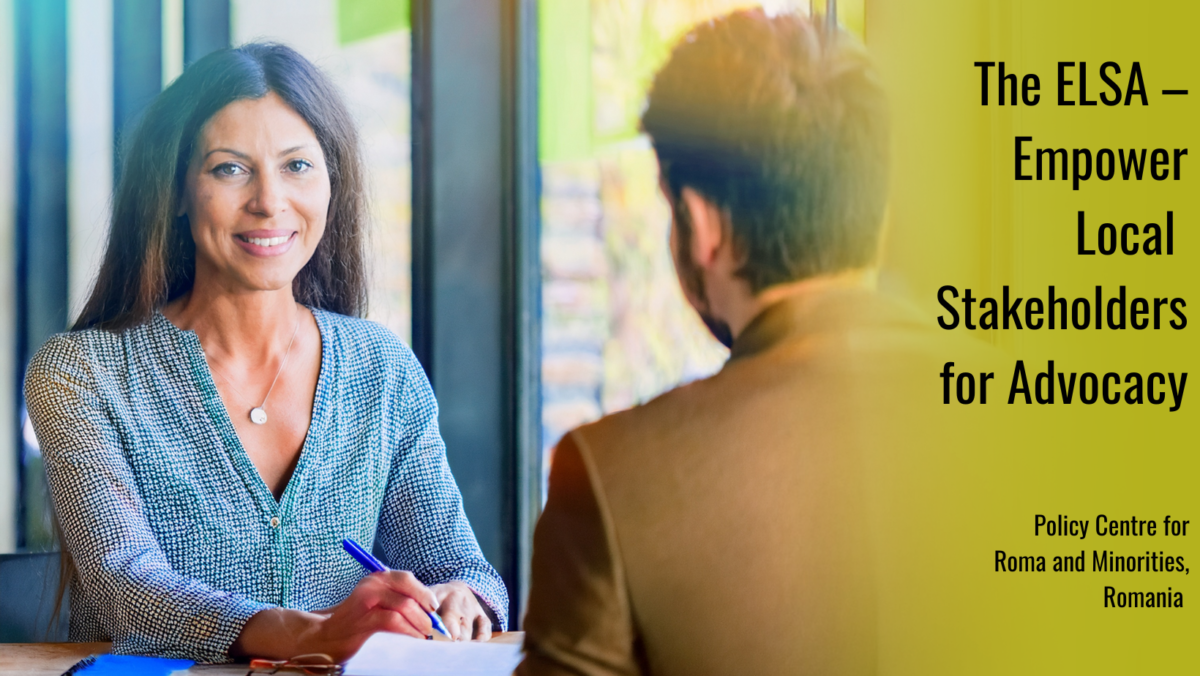Awareness Campaign to Combat Antigypsyism in Catalonia, The Federación de Asociaciones Gitanas de Cataluña – FAGiC, Spain

This is an article presenting the project prepared by the The Federación de Asociaciones Gitanas de Cataluña – FAGiC, Spain given the subgrants under the ERGO sub-granting scheme 2024, funded by the EU
Cultivating Awareness and Advocacy: FAGiC’s Journey Against Antigypsyism
Over the past months, FAGiC – the Federation of Roma Associations in Catalonia – has been powerfully growing its impact. It involved a series of creative, strategic, and community-rooted activities, and they have worked to raise awareness of antigypsyism and strengthen their advocacy efforts across different sectors of society. The project collaborated with Blanquerna University’s Media Pluralism Monitor to examine media narratives related to discrimination, and it prepared to join the Anti-Rumor Network to combat stereotypes.
Telling Our Stories
Their campaign was mainly focused on the power of storytelling. They partnered with Catalunya Ràdio and La Marina FM to produce a thought-provoking podcast delving into the roots and consequences of antigypsyism. These conversations opened up space for Roma voices to be heard in mainstream media, challenging long-standing narratives and offering fresh perspectives.
To broaden their reach, they also contributed articles to respected platforms such as La Directa and Racó Català, offering insights into the lived experiences of Roma people and inviting wider Catalan society into an honest dialogue.
Building Bridges with Institutions
FAGiC has also taken significant steps into the institutional sphere, becoming an active voice in decision-making spaces. They joined the Table of Entities of the Office for Non-Discrimination in Barcelona, where they contributed directly to shaping local anti-discrimination policies. They have also begun a promising collaboration with the Media Pluralism Monitor project at the Faculty of Communication and International Relations, Blanquerna. This partnership aims to explore how discrimination manifests in media narratives and to develop tools for accountability and change.
Laying New Roots: Growing Alliances for the Future.
The project reached diverse audiences, including members of the Roma community, civil society organizations, policymakers, media professionals, and academics. It increased awareness of antigypsyism through media platforms, strengthened its institutional presence, and initiated collaborations with key stakeholders to challenge stereotypes. Key lessons learned emphasized the importance of institutional cooperation, media partnerships, and community involvement in combating antigypsyism.
Looking ahead, FAGiC is preparing to join the Anti-Rumour Network (Xarxa Antirumors) of the Barcelona City Council – a coalition dedicated to dismantling stereotypes and prejudice in the public sphere. They also had the honour of sharing their experiences and learnings at the European Experiences Panel during the Congress of Roma Women, engaging with activists and policymakers from across the continent.
If you have any further questions about this application, drop us an email at info@ergonetwork.org.
















